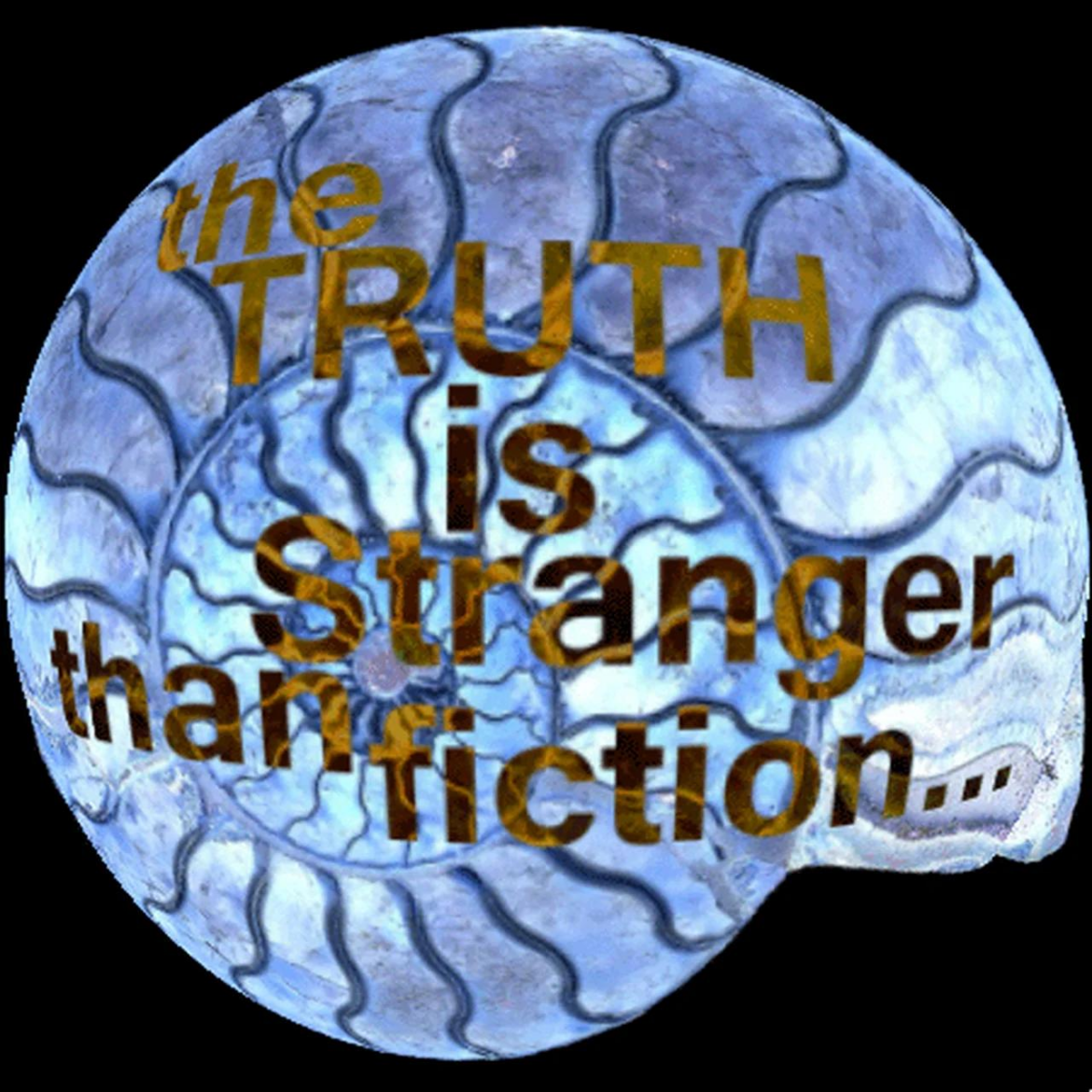In an age saturated with media, the concept of truth can often feel akin to a vapor, slipping through our fingers as we attempt to grasp its essence. The kaleidoscope of information bombarding us—spanning social media feeds, news broadcasts, and entertainment—challenges our discernment and exerts profound influences on our perception of reality. Within this maelstrom, the moment of truth emerges as not merely a journalistic endeavor but rather an intrinsic motif interwoven into the very fabric of human existence. Through a Christian lens, this crucial moment, when reality disrobes itself of illusions, can serve as a focal point for introspection, spiritual growth, and profound transformation.
To embark on this exploration, one must first establish what constitutes the “moment of truth.” This phrase evokes images of a pivotal scenario wherein an individual encounters an undeniable fact that demands acknowledgment. Reflecting on the biblical narrative, we see Jesus’ encounter with Pontius Pilate. When Pilate questions him, “What is truth?” (John 18:38), it encapsulates humanity’s perennial struggle to articulate and understand the nature of truth. In this moment, both are at a crossroads: one represents earthly authority and the other, divine counsel. It is a stark juxtaposition echoing through eternity—the mundane versus the sacred, the transient versus the eternal.
In media, the moment of truth is often exemplified through revelations and whistleblowing, where the unveiling of hidden realities jars audiences into reconsidering preconceived notions. This metamorphosis of understanding can be unsettling; the familiar landscape of perception is reconfigured. The metaphor of dawn breaking upon a darkened world presents itself unequivocally here. Just as the sun displaces darkness, so too does the illumination of truth expose deception. Yet, this process can evoke disquiet; to confront the truth may mean surrendering cherished beliefs or recognizing our own complicity in perpetuating falsehoods. Indeed, the act of grappling with truth invites vulnerability as we are called to reassess not only our beliefs but also the underlying motives behind them.
From a Christian perspective, this quest for truth mirrors the heart of the Gospel. In the iconic declaration, “I am the way, the truth, and the life” (John 14:6), Jesus positions truth not merely as an abstract concept, but as a living entity defined by relational engagement. Within this framework, truth transcends the mere absence of falsehood; it embodies a divine narrative that informs our identity, purpose, and ethical compass. The moment of truth, therefore, becomes a exegetical point of revelation where believers, confronted with their own fallibility, can engage with the transformative grace which infuses life with meaning.
The ethical implications resonate deeply within the realm of media consumption. As Christians navigate a veritable sea of digital content, the call is not just to sift through headlines but to engage critically and responsibly with the narratives that shape our understanding. The parable of the Good Samaritan serves as an illustrative beacon here, urging one toward compassion and empathy, as truth is often veiled in the complexity of human stories. The question then arises: are we merely passive consumers, or do we assume an active role as stewards of truth, engaging with the stories that resonate with divine love and justice?
Furthermore, the unique appeal of confronting truth lies in its potential for reconciliation. In an era rife with division, the moment of truth can be a catalyst for dialogue and unity. When we enthusiastically pursue genuine understanding, rather than surface-level agreement, we pave pathways toward healing. The Apostle Paul’s exhortation to “speak the truth in love” (Ephesians 4:15) encapsulates this divine imperative—offering a blueprint for communication that fosters both honesty and compassion. This requires individuals to cultivate an ethos rooted in humility, choosing to listen as much as they speak and remaining open to transformation.
The interplay between truth and our lived experiences further elucidates the moment’s salience in daily existence. Consider the emotional gravity of personal hardships—a diagnosis, a loss, or a disillusionment. In these moments, truth emerges uninvited but necessary, challenging us to reconcile our expectations with the reality we face. The biblical story of Job provides poignant insight; confronted with deep suffering and existential inquiries, Job’s journey leads him to profound engagement with divine truths, ultimately culminating in restoration. Such narratives affirm that the moment of truth is not solely about affirmation but holds the potential for profound healing.
Moreover, as we ponder the myriad representations of truth within the media, we also acknowledge the formidable power of narrative. Whether driven by curiosity, outrage, or empathy, narratives shape societal dialogues, influencing the collective psyche. The metaphor of the tapestry illustrates this masterfully; each thread contributes to a larger design, often woven through a multitude of perspectives. The challenge for Christians lies in discerning which narratives align with the Kingdom of God and which perpetuate division and strife.
In summation, the moment of truth is a multifaceted concept steeped in significance, reverberating through both media and life. It demands critical engagement, offers pathways toward reconciliation, and invites transformative encounters with the divine. The Christian faith encourages adherents to embrace truth courageously, recognizing that within this journey lies an unparalleled opportunity for growth and redemption. In wielding the lens of contemplation and compassion, believers can navigate a complicated media landscape with grace, fostering a greater understanding of themselves, each other, and the God who embodies truth itself.



